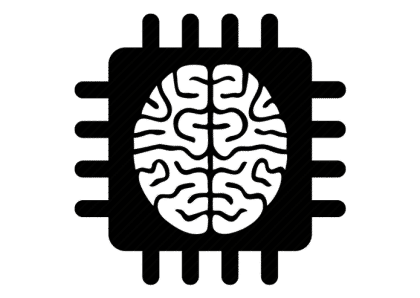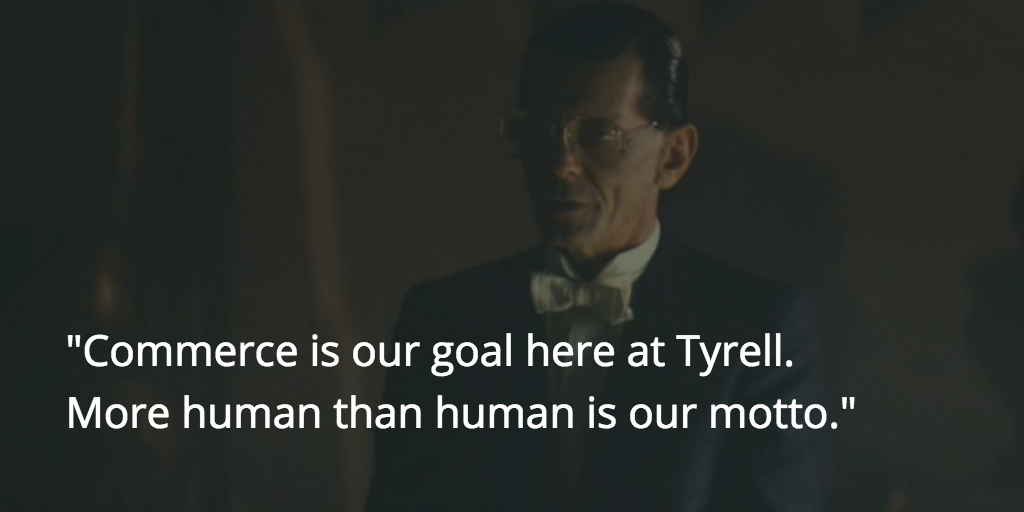 Recently, Google acknowledged that an Artificial Intelligence called RankBrain has been powering Google’s ranking of search results for several months. Then Google announced that they are making their artificial intelligence engine “open source”, which basically means anyone can get access to it, use it, and hopefully improve upon it.
Recently, Google acknowledged that an Artificial Intelligence called RankBrain has been powering Google’s ranking of search results for several months. Then Google announced that they are making their artificial intelligence engine “open source”, which basically means anyone can get access to it, use it, and hopefully improve upon it.
By now, I am betting that there are a bunch of SEO gurus trying to reverse engineer Google’s AI in hopes of gaining an ability to make websites rank higher in the search results. They think it holds the “secret sauce”. Others will not bother trying, and simply race to claim that they have analyzed how the AI works and therefore you should hire them.
This, of course, is bullshit. And here’s why…
1) Google is only open sourcing the Artificial Intelligence Engine, TensorFlow, not the entire search algorithm. Without the vast data set from which the AI has learned, along with the various algorithms that go into the search results, not much will be learned from digging into the open source AI engine.
2) No need to reverse engineer – it is already done!
Think about what an artificial intelligence like RankBrain is and does… It emulates human thought and logical reasoning (now THERE is something many SEO people could learn!). I am about to do something that is kind of the opposite of how SEO people usually work. I am going to make the overly complicated very simple, yet still true…
How to Reverse Engineer Google’s AI for SEO Purposes
Remember that old SEO cliché about building websites or creating content “for people not robots”?
Well, there you have it!
If Google’s AI and algorithm are striving to be more human-like, that is exactly what you should be aiming for – making your website and its content work better for people.
If you have been following search engine marketing news for the past year or two, you may have noticed that people are finally starting to realize that many of the old “SEO best practices” are no longer as significant as they once were. For example, the perceived need for lots of incoming links which better SEOs now recognize is not so important. Or the need for keywords at the beginning of page titles – a practice which was once believed to be absolutely necessary, but is not. Or how the use of simple keywords has given way to topical authority. These evolutionary changes to how search works are happening because the search engine is “thinking” more like a person. A really, really smart person.
More Human Than Human

From the 1982 masterpiece, Blade Runner.



